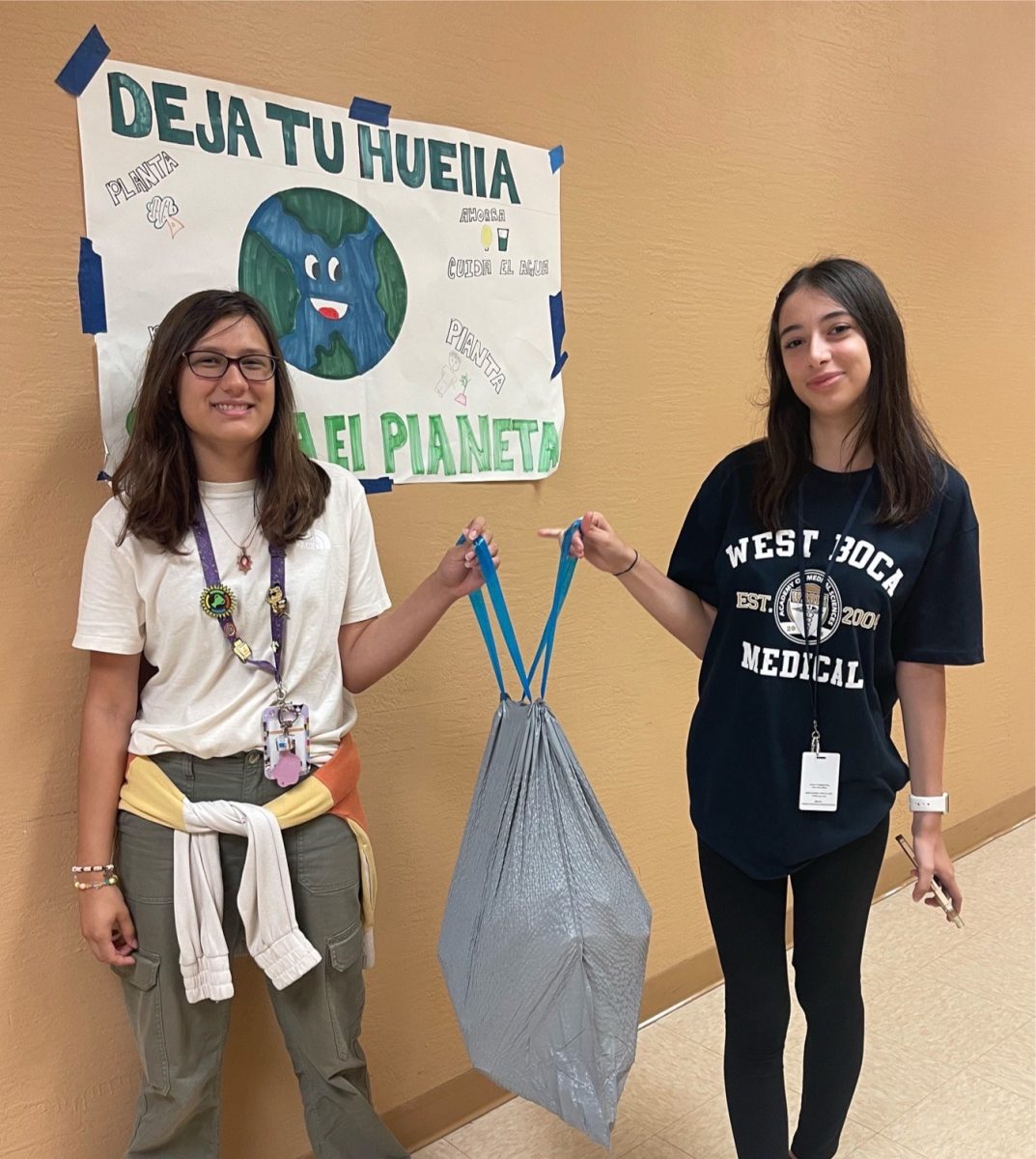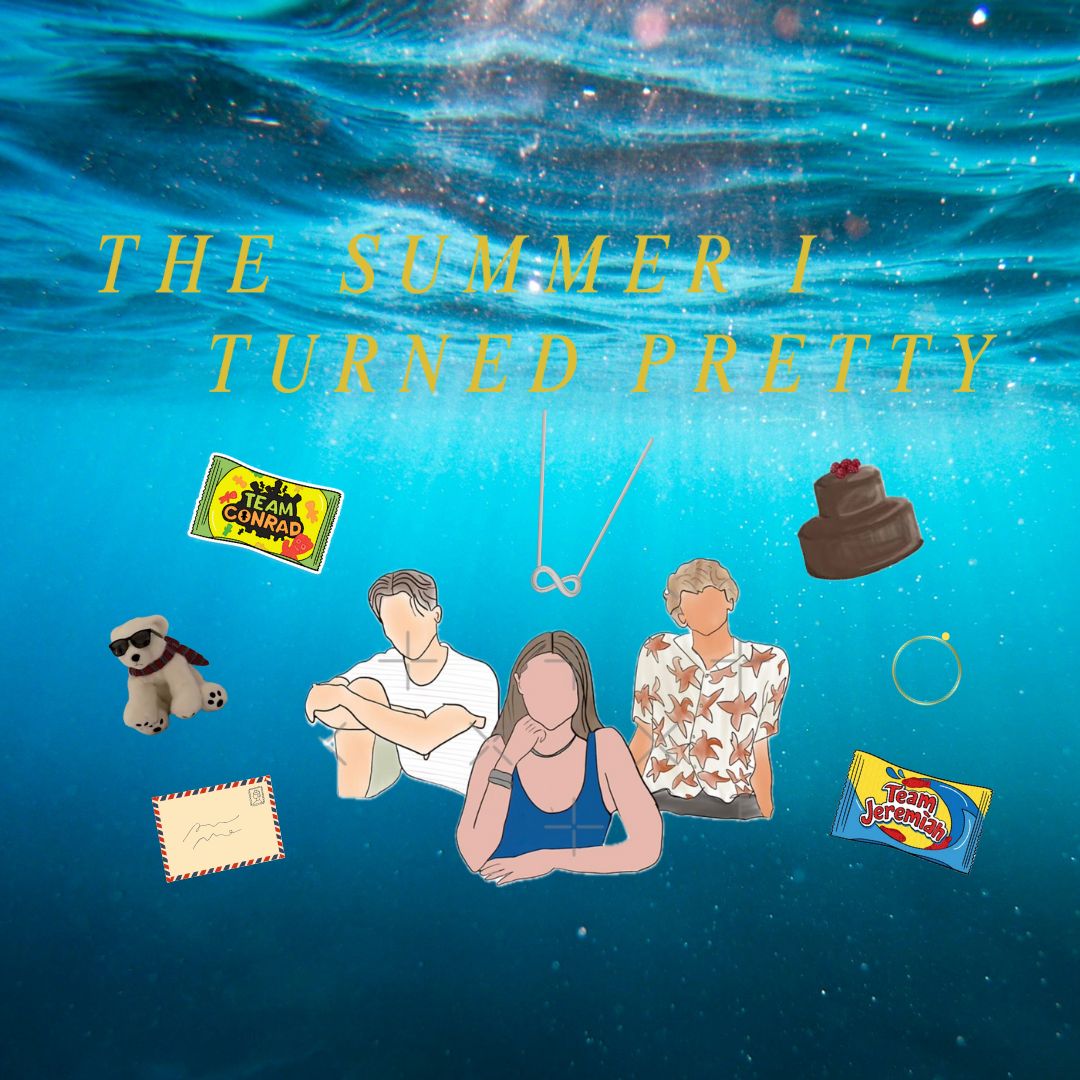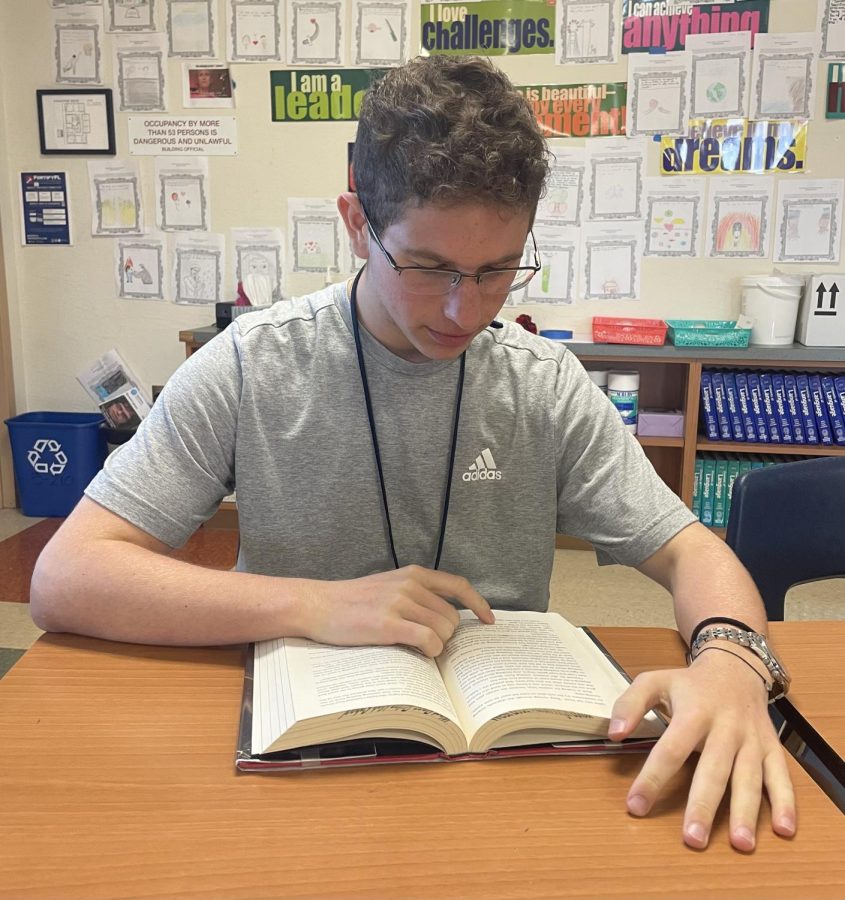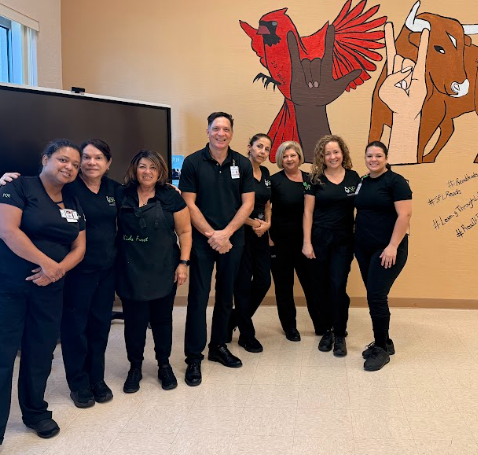Yale research has stated that “people who read live longer than those who don’t” and you may be thinking to yourself, how is this true? However, people who read grow their vocabulary, learn life lessons, and reading comes with many health benefits. Reading activates and stimulates your brain so that you can have an emotional connection or just a connection to others whether or not it is in a book or in reality. Reading boosts your communication skills, strengthens your brain activity, enhances your creativity, and can even lower your stress level.
The Yale survey/ research consists of over 3,635 people. The participants of this includes people over the age of 50 years-old. They were split into three groups: non-readers, people who read less than 3.5 hours per week, and people who read more than 3.5 hours per week. They continued to follow up with each group over a 12 year period. The people who were found to read the most were college-educated women who have a higher economic status. “The readers who read over 3.5 hours every week expanded their living time by 23 months longer compared to the people who didn’t read.” This didn’t have an impact based on the participants gender, how much money they had, their level of education, or their health. They found that any reading level of a book increased a survival advantage than reading a magazine or newspaper. The reason behind this is that reading books involves more psychological reasoning.
All of the data that the participants collected throughout the survey was self-calculated through a phone, but they didn’t account for using e-books. There are many advantages to reading; the only thing that could be difficult is finding the time for it. When you engage in a book, it helps with the emotional appeal and you can grasp an emotional connection. Laurie Vazquez, the writer of the Yale research study People who read live longer than those who don’t, says “As any book lover knows, reading involves two major cognitive processes: deep reading, and emotional connection. Deep reading is a slow process where the reader engages with the book and seeks to understand it within its own context and within the context of the outside world.” An emotional connection is “when the emotions of the characters in your story join with the reader’s own through shared experience, it brings author and reader closer, bonding them together. Jen Gipple PhD from 5 Ways to Create Emotional Connection With Readers In A Nonfiction Short Story explains “Empathy is powerful and, once it grabs hold, it’s difficult to break.” It is clear that reading also improves people’s ability to relate to others.
As for kids, when you read to them at a young age, it helps them with their social development and their thinking skills. As you read to babies, it improves their speaking skills, and the way that they can copy sounds. In addition, they will have a better time recognizing pictures and learning vocabulary as they get older. When you read to babies it also builds their memory and helps them realize what numbers and shapes are.
Ultimately, reading is a very important part of life that people should make time for. As you read you get a variety of different health and mental benefits. Yale research proves that when people read more they live longer. Reading boosts your brain power. Studies show that reading could help prevent Alzheimer’s disease. If you are stressed or are having a tough time, try reading, it can help you relax and relieve your stress.












































